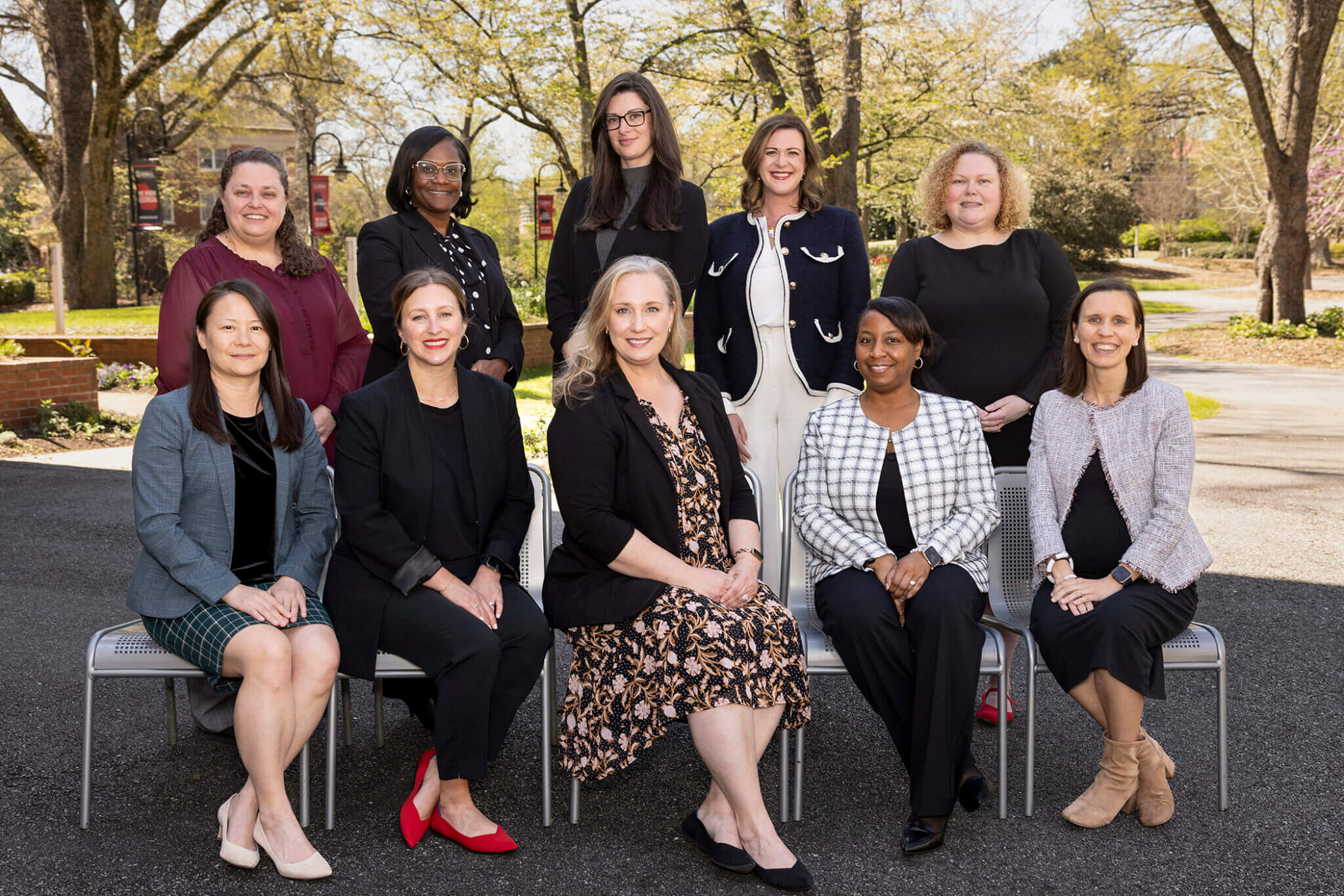By Brad Haire
University of Georgia
Each year, agricultural work is ranked either No. 1 or No. 2 in injuries and death rates among U.S. occupations, said Glen Rains, an agricultural engineer with the UGA College of Agricultural and Environmental Sciences. Rains coordinates farm safety extension classes and programs in Georgia through the U.S. Department of Agriculture.
“When I give safety talks, wherever I go there is someone there who has had or knows someone who has had a leg or fingers taken off, or worse, in some farming accident,” Rains said.
About 60 emergency medical service and fire fighter personnel from across the country have taken the FARMEDIC course offered in Tifton, Rains said. The most recent course took place Nov. 6- 7.
The FARMEDIC program was developed at Cornell University to train the people who train other emergency medical providers. The program shows the best ways to approach and resolve accidents specific to farming. Over the past two decades, the program has been used to train more than 22,000 firefighters and EMS providers.
Most farm equipment and machines are designed to rip, tear or move things with considerable force.
A power take-off, or PTO, is a rotating shaft that transfers power from the tractor to an attached piece of equipment, such as a mower. They’re often not covered. And they account for many farm accidents. They can very quickly grab clothing and spin a person into it.
Tractors can also roll over on a person who isn’t paying attention – or onto a person who is. Hands and legs can get sucked into hay balers. A person can fall into a grain silo.
“The human body is just no match for most farm equipment,” Rains said.
The FARMEDIC course gives rescuers an idea of what to expect when they arrive on a farm accident scene, he said. Most important, they learn how to secure the scene by turning off machinery that may have been running for hours, avoiding injury.
According to the USDA, most farming accidents happen to people between the ages of 10 and 14 and to those over 65, Rains said. “Most farming accidents are caused by a person’s inexperience or slow reaction time,” Rains said.
For information about FARMEDIC or other farm safety programs, contact Glen Rains at (229) 386-3377, or e-mail him at (grains@tifton.uga.edu).






